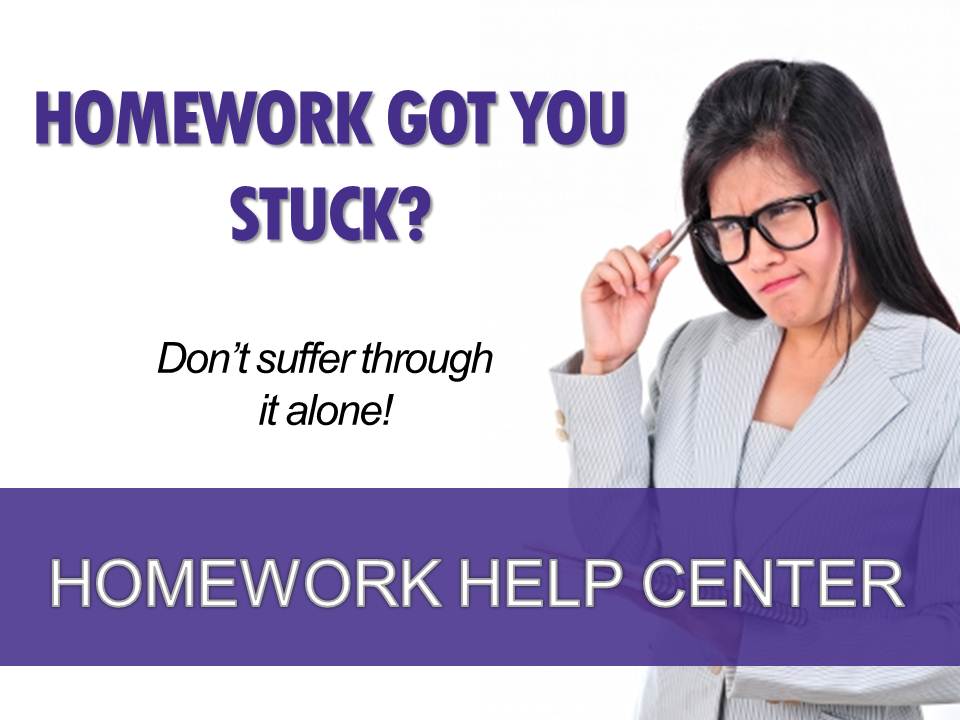|
By Chelsea Travers
I previously wrote a series on getting into medical school. But after only nine months of my new adventure, I was struggling to maintain the enthusiasm I’d felt when first accepted. This is how I dealt with my struggle.
In February, I decided to visit the clinical psych department for a mental health check-up. In reality, I couldn’t stop crying. I had scored my lowest test score in medical school yet, I was struggling to find inspiration in the monotony, and I felt so alone, I had bought a dog in an attempt to curb my loneliness. Everywhere I turned, my classmates complained about their absolute exhaustion and lack of motivation. We had been warned this would be the longest, hardest block of medical school, but hadn’t realized how true this would be in regards to my emotional state.
I don’t attribute all my anguish to my studies; I experience emotional fluxes like all human beings. However, my new environment was becoming a vortex of negativity: from the inside, I had to navigate large amounts of material handed to me on a daily basis and the storm going on in my head, while from the outside, I encountered tales of woe seeping from many classmates. This vortex is what had brought me to the psych department. My clinical psychology therapist, Caroline, sat and listened as I mumbled my troubles. Sharing my human experience with a stranger felt… well, strange. Although this was similar to sharing my thoughts on a blog, sitting in a chair with my tears and another women was new to me. Her questions probing my security checkpoints exemplified my role reversal, since I’m usually the one with the clipboard asking the questions. When did the pain start? How long has it been going on? Does it radiate? On a scale of 1-10, how vulnerable do you feel right now? As the patient, I didn’t have a white coat on to provide a façade of expertise. I walked into a land of vulnerability. During my journey, I attempted to listen to my needs and lean on the friends around me who pulled me through the cynical moments. My friends made sure I was staying on top of course material, and Caroline provided an outlet for my emotions. I began to look forward to my afternoons with Caroline. She gave me checkpoints of progress and a place to talk about all the things that made me feel weak and insecure, emotions many medical students believe they shouldn’t feel or admit. Importantly, I’ve learned from these sessions that avoiding the cynical bouts of medical or graduate school is not the solution. Given the right tools, I can experience them, fight through them, and ensure I have a mechanism to prevent succumbing to the negative vortex. Because sometimes it’s ok, not to be ok. For my next blog, I will post some more details on how I navigated through the cynicism and survey my awesome medical and graduate student cohort for their best advice. About the Author
Comments? Leave them below!
0 Comments
Your comment will be posted after it is approved.
Leave a Reply. |
Education BlogAbout ScientistaSubscribe!NEW!New PostsWhat's HotClick to set custom HTML
You Might Like...
Connect With UsLatest tweets |
The Scientista Foundation, Inc. All Rights Reserved © 2011-2021 | Based in NY | [email protected]
The Network for Pre-Professional Women in Science and Engineering
The Scientista Foundation is a registered 501(c)(3) -- Donate!
The Network for Pre-Professional Women in Science and Engineering
The Scientista Foundation is a registered 501(c)(3) -- Donate!




 RSS Feed
RSS Feed









